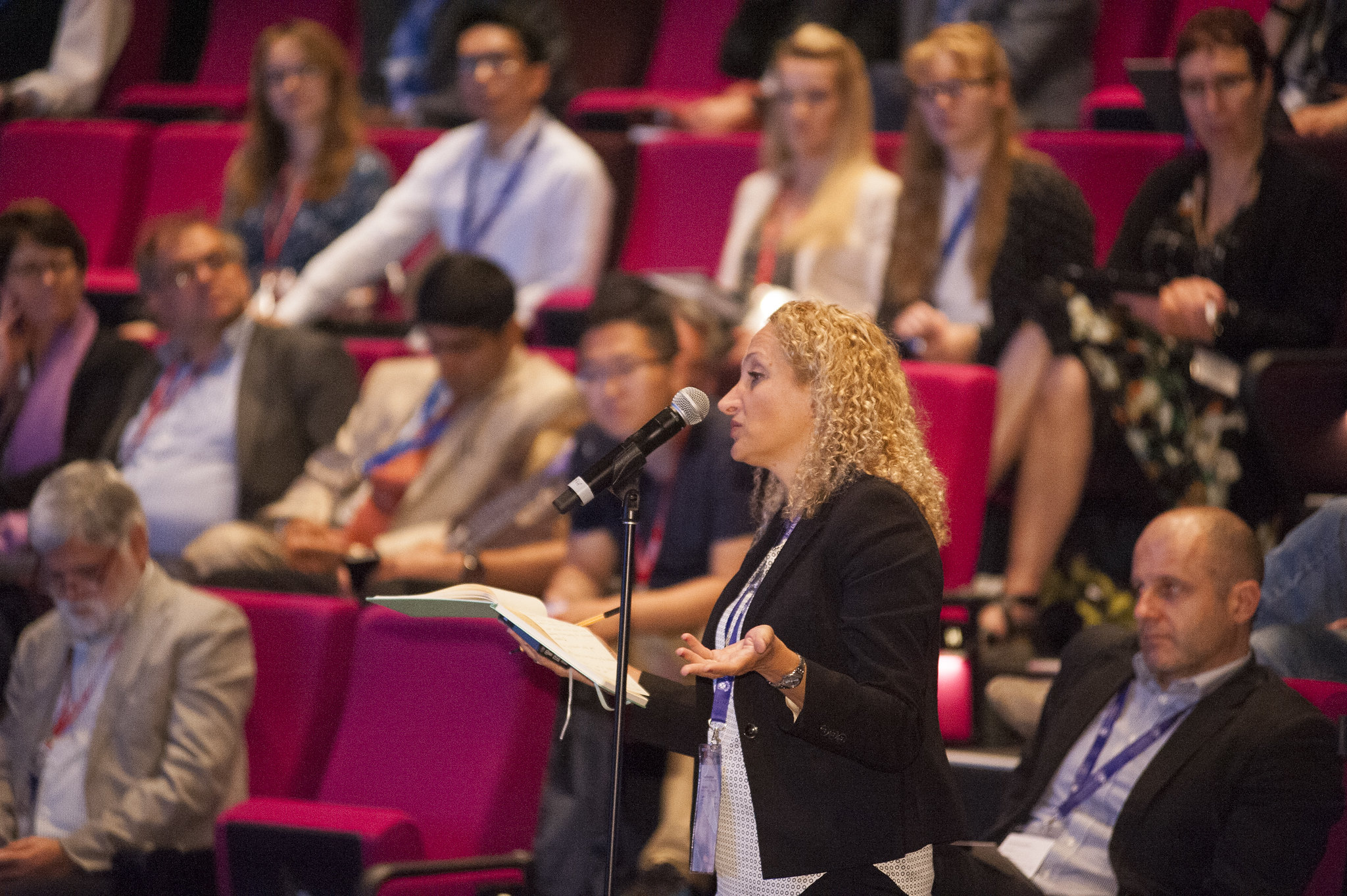The persistent under-representation and unequal capacity to exercise agency of women in science is the subject of much academic research, of an ever-growing resource of case studies and advisory reports, and of longstanding debate. It has prompted policy intervention at institutional and political levels within national, regional and international scientific communities. Yet generally effective practice to correct this anomaly remains elusive. The current task must be to ensure that scientists and science systems throughout the world adopt working processes and practices that banish inequitable gender roles and norms, address unequal power dynamics, and promote the status of women in science, in ways that go beyond mere gender awareness in favour of effective, transformative action.
Anticipated Impact
Increased gender equality in global science, through improved sharing and use of evidence for gender policies and programmes in scientific institutions and organizations at national, regional and international levels.
Study on the Inclusion and Participation of Women
GenderInSITE (Gender in Science, Innovation, Technology and Engineering), in collaboration with the International Science Council (ISC) and the InterAcademy Partnership (IAP) has undertaken surveys on women’s membership and participation in IAP-member and ISC-member academies and unions to understand women’s participation and gender equality in key international science organizations, such as the IAP and ISC, to gather statistics on women’s participation, and to ascertain the existence of policies and structures that are aimed at ensuring the full inclusion of women.
Key Milestones
✅ The academy survey is a follow-up to a previous survey that was conducted in 2016 and hence a key objective is to ascertain the extent to which progress in gender equality has been made and report recommendations have been implemented. A similar survey was conducted with ISC member unions. The survey is designed to explore the extent to which unions have responded to gender equality imperatives in their leadership and implemented activities that are designed to promote greater participation of women and gender-responsive actions in their respective disciplines.
✅ The ISC has also convened meetings of international science bodies including the InteAcademy Partnership (IAP), The World Academy of Sciences (TWAS), Organization for Women in Science for the Developing World (OWSD), World Federation of Engineering Organizations (WFEO), and the Global Research Council (GRC), to identify additional joint actions to foster gender equality in science”
✅ The report “Gender Equality in Science – Inclusion and Participation of Women in Global Science Organizations” has been published in October 2021. A study reporting on the inclusion and participation of women in more than 120 science organizations that are coordinated at a global level found that women were still under-represented. It calls for the establishment of a coalition on gender equality in global science to ensure a transformative action agenda.
🥇This phase of the project has now been completed. The ISC continues to work with its partners to amplify its findings.
Get involved
ISC members are invited to share with the broader membership on the ISC Knowledge Sharing Platform their actions around transformative gender activities, including programmes of inclusion and policies.
Related
Gender Gap in Science Project
Gender equality is intrinsically linked to sustainable development and is vital to not only the development and progression of science, but also to the realization of human rights for all and the accomplishment of the United Nations Sustainable Development Goals.
Several international science unions started a three-year ISC-funded project on the Gender Gap in Science: A Global Approach to the Gender Gap in Mathematical, Computing, and Natural Sciences: How to Measure It, How to Reduce It?
The Project comprised of three main areas of research:
- a data-backed study on publications,
- a global survey of scientists, and
- a database of good practice.
Key Milestones
✅ The project report was published on the occasion of the International Day for Women and Girls in Science. The Report suggested four strategies in order to inspire young women to pursue careers in scientific fields:
- Engage families and communities in promoting STEM careers to girls, especially when these careers are contrary to cultural expectations and norms.
- Engage girls and women in exploring socio-scientific issues.
- Promote social support for women and girls, such as peer networks and mentoring by more experienced STEM researchers or professionals.
- Develop Women and girls’ STEM leadership, advocacy and communication skills.
✅ A hybrid meeting with ISC Members convened by the Standing Committee for Gender Equality in Science (SCGES) was held in Paris on 14 February 2023.
Contact
Senior Science Officer
vivi.stavrou@council.science




